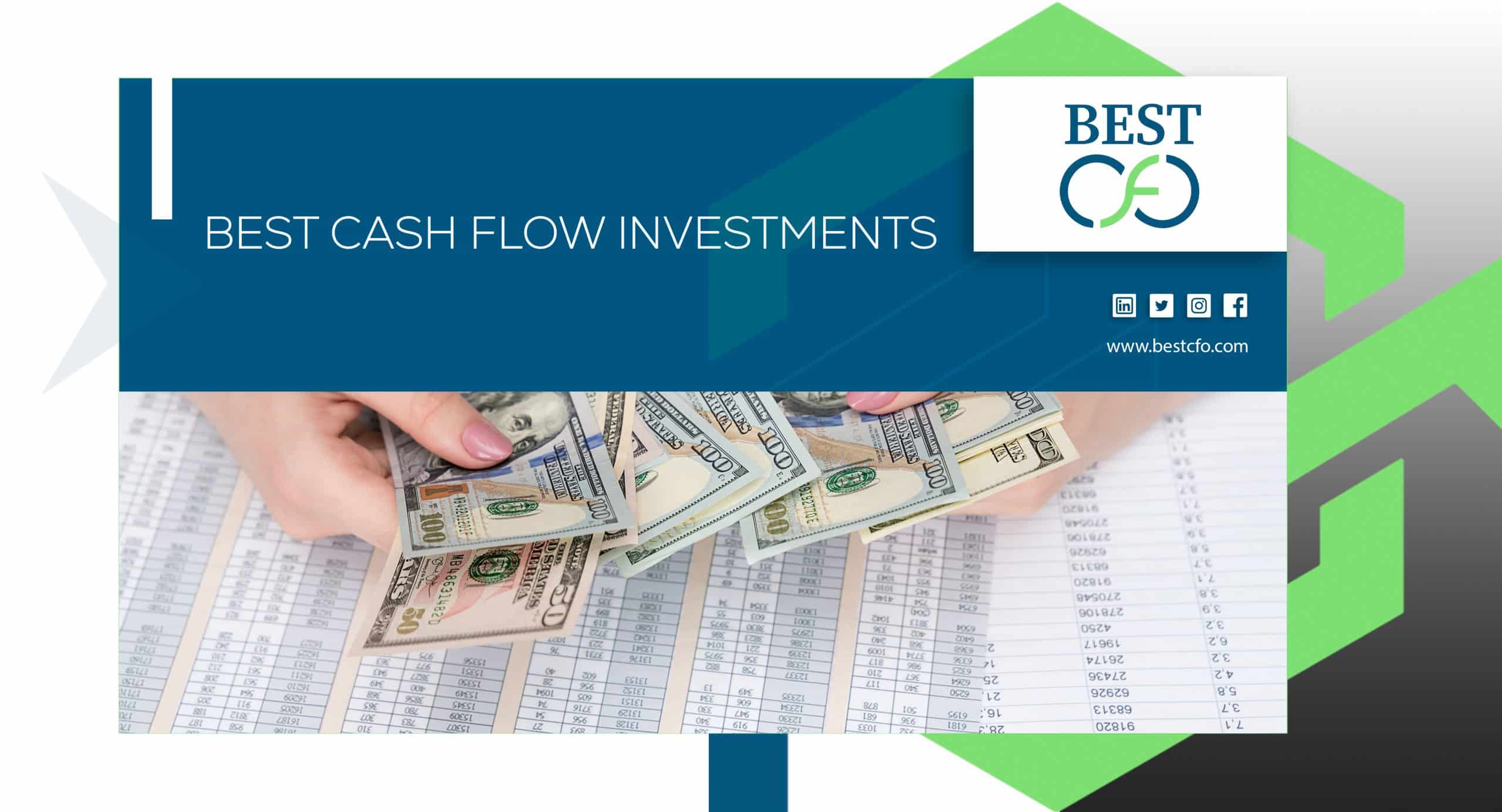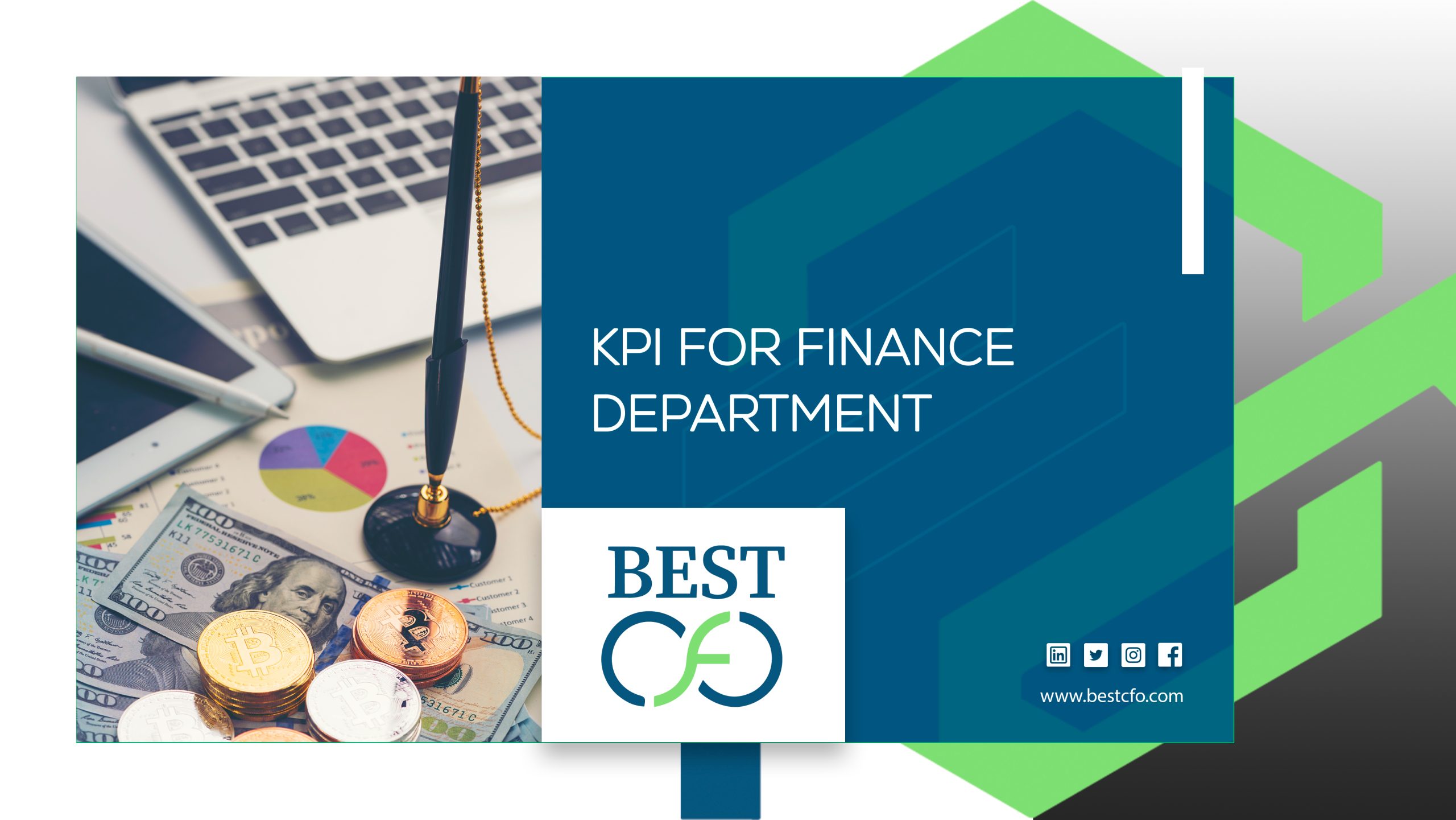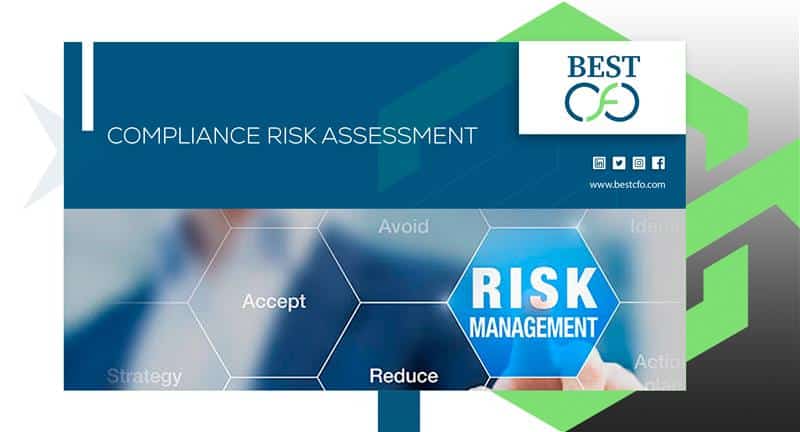
| Getting your Trinity Audio player ready... |
Top 15 Best Cash Flow Investments to Generate Passive Income in 2025
For building wealth and achieving financial prosperity, financial independence is key, and it can be achieved from a consistent cash flow. Cash flow investments bring a continuous income, which is essential to generating confidence among investors to achieve their financial aims and objectives. For retirement, getting a lifestyle or having financial independence, these investments not only bring forth a reliable income medium but also provide a promising capital appreciation and diversification. This makes cash flow investments an option to consider for multiple market conditions.
However, it is essential to know that for producing proper cash flow, there are certain cash flow practices and proper knowing of their benefits and demerits. Therefore, here is a list to guide you to the top 10 best cash flow investments for generating passive income.
Best Cash Flow Investment Techniques to Generate Passive Income
Dividend Stocks
Dividend-paying stocks are defined as the shares in a company’s paying strategy. A company provides a share of its earnings to the shareholder, which is known as dividends. These payments are provided on a quarterly basis, and some firms offer them on a monthly or annual basis. Dividends are provided mainly by established firms that have a steady cash flow. These are stable businesses that have a proven track record in terms of being consistent with their cash flow and have a good portfolio.
Cash flow investing from dividend stocks can provide you with a good amount of income if your scope is dividend aristocrats or dividend kings. These are companies that have a track record of consistent and credible payment to their stakeholders. Dividends can be further reinvested to acquire more shares and compound rates over the passage of time. Furthermore, many dividend stocks increase their value over time. This provides a potential for income and capital increase quite easily.
Some demerits of dividends include their reduction if a company faces financial difficulties or the volatility of the stocks.
Real Estate Investment Trusts
Real Estate Investment Trusts are firms that provide rental income, providing real estate investments. This allows investors to offer large-scale investment opportunities without the need to own a property directly. Investing in Real Estate Investment Trusts gives you the flexibility to look into a variety of real estate types like commercial, healthcare, educational, retail, etc. Real Estate Investment Trusts are also on major stock exchanges that provide investment in terms of cash flow and seamless entry and exit. Their demerits include sensitivity in terms of interest rate change and market volatility. Furthermore, they might also not provide you with the capital appreciation as compared to direct real estate investments.
Person-to-Person Lending
Person-to-person lending platforms provide individuals with the opportunity to lend funds directly from the borrowers. Interest payments can provide significant cash flow on a monthly or quarterly basis. Their cons include the risk of borrowers defaulting and limited cash flow.
Real Estate Investing
Rental real estate is all about owning real estate properties. This is one of the older and more reliable cash flow forms that operate on the phenomenon of investing. You can purchase residential and commercial real estate and rent it out for passive income. The critical factor here is having sufficient funds to buy a sound property that can generate a significant and stable cash flow, and this is one of its considerable cons. Furthermore, it also requires utilizing funds for the management and maintenance of property; there is also the risk of vacancies and tenants not paying on time.
Bonds
Bonds can be considered debt securities that are provided by corporations, governments, and other entities so that you can have an income stream and a good cash flow asset. Therefore, when you obtain a bond, you are lending money to the issuing party in exchange for consistent regular payments. Their main downside is the lower return compared to equities, other high-risk investments, and issuer credit risk.
Business Development Firms
Business development firms fall in the category of publicly traded companies that facilitate financing for small businesses and medium-sized enterprises. This financing is provided in terms of debt and equity investments. Business Development Companies are obliged to formulate at least 90% of their taxed incomes as dividends. This makes them a good source of cash flow for investors. Its demerit is the risk of loan defaults when operating in volatile economic conditions.
Preferred Stocks
Preferred stocks fall into the category of stocks that provide dividends to shareholders before the common stocks are distributed. These preferred stocks offer better yields than common stocks and bond interest payments. Therefore, they also have less capital appreciation capabilities as well. They have limited potential for capital appreciation; dividends can be depreciated if the company faces financial losses.
Master Limited Partnerships
These are the types of companies that are usually known to operate in energy-related industries. These are companies like oil and gas pipeline manufacturers. Master Limited Partnerships aim to provide tax benefits and are wanted to facilitate the lion’s share of their earnings to investors in the shape of dividends. Their main cons are tax complexities as they are filed separately, prone to energy prices and economic conditions and a potential for high volatility.
Cash Flow from Royalties
Investment in intellectual properties like trademarks and copyrights brings forth cash flow in the form of royalties. After owning an intellectual property, you can receive regular funds from the company that uses these copyrights and trademarks. Their demerit lies in the loss of their value over a period of time. They require expertise to evaluate an intellectual property investment. Marketing and licensing risks are also incorporated.

Annuities
Annuities are described as products that facilitate a stable income stream. Typically, annuities are a concern after retirement. A good example of annuities is pensions, which are provided to government employees after they retire. Their demerits include high fees, limited cash flow, and lower potential returns compared to other investments on this list.
Municipal Bonds
Municipal Bonds are debt securities provided by local governments for the funding of public initiatives like schools, infrastructures, etc. Here, the interest is earned from municipal bonds, which are exempt from federal taxes and local and state laws in some cases as well. Municipal bonds bring forth higher tax brackets because the income from these bonds is mostly tax-exempt, which increases the effective return. In terms of its con, there is a lower yield than corporate bonds and stocks. Interest rate risk is there as bond prices fall when interest rate rises. There is little potential in terms of capital appreciation.
Crowdfunding real estate
Real estate crowdfunding opportunities provide individual investors the opportunity to move their capital to invest in large real estate projects that are inaccessible in other cases. The disadvantage lies in the fact that investments are locked for many years. There are additional fees and expenses linked with the platform management in crowdfunding. However, on the good side, there is lower initial investment than direct property ownership. Passive investment is done with the utmost professional management. Lastly, there are a lot of opportunities in terms of commercial and residential real estate rental property endeavours.
Cash Flow from skills-based investments
This means investing in skills like music making, story writing, painting, or any other form of art that provides promising investment opportunities. Investors here have to make sure to purchase the correct royalties so that they can receive regular income in the form of revenue generated from the licensing and sales of the successful implementation of these skills. Cash flow from skills-based investments is a good way to generate income after several years of the initial investments. Their disadvantage lies in the risk that the skills demand might be subject to obsolesce or their value may decrease after time.
Structured Notes
Structured Notes can be considered as debt instruments that are provided by financial institutions. This involves combining bonds with their derivatives. These are generally made to give returns based on the performance of a fundamental asset like a stock index, commodity or currency.
Structured notes can provide better-than-average yields. They often come with a fixed coupon payment and provide opportunities for specific markets.
In terms of their demerits, they are complex, and there is also a lack of transparency. Furthermore, there is also the risk of the issuer defaulting.
Savings accounts and money market accounts
These accounts aren’t typically considered an investment. High-yield savings accounts are low-risk options for starters in the field of investment. They provide investments in the form of higher interest rates than traditional savings accounts. We suggest you invest in high-yielding savings accounts because there is low risk involved, and your funds are protected up to certain limits. Furthermore, these accounts provide you with a seamless way to earn through interest while keeping your funds saved simultaneously. While the interest rates are significantly low, they offer a steady and smooth way to generate cash flow. This is a straightforward way to create passive income and have a regular and consistent income.
Related Posts
What Are the Most Important KPI For Finance Department To Track
What Are the Most Important KPI For Finance Department To Track In today’s fast-moving economy,…
Navigating Compliance risk management and regulatory Risk: A guide to Risk and compliance
Navigating Compliance risk management and regulatory Risk: A guide to Risk and compliance Regulatory Risk…
It is all about Compliance Risk Assessment and why it’s essential for your business.
It is all about Compliance Risk Assessment and why it’s essential for your business. Compliance…
 Demos
Demos  Colors
Colors  Docs
Docs  Support
Support 













